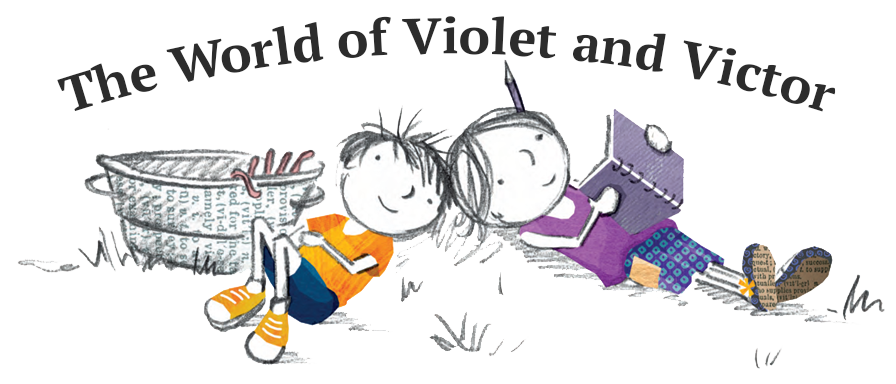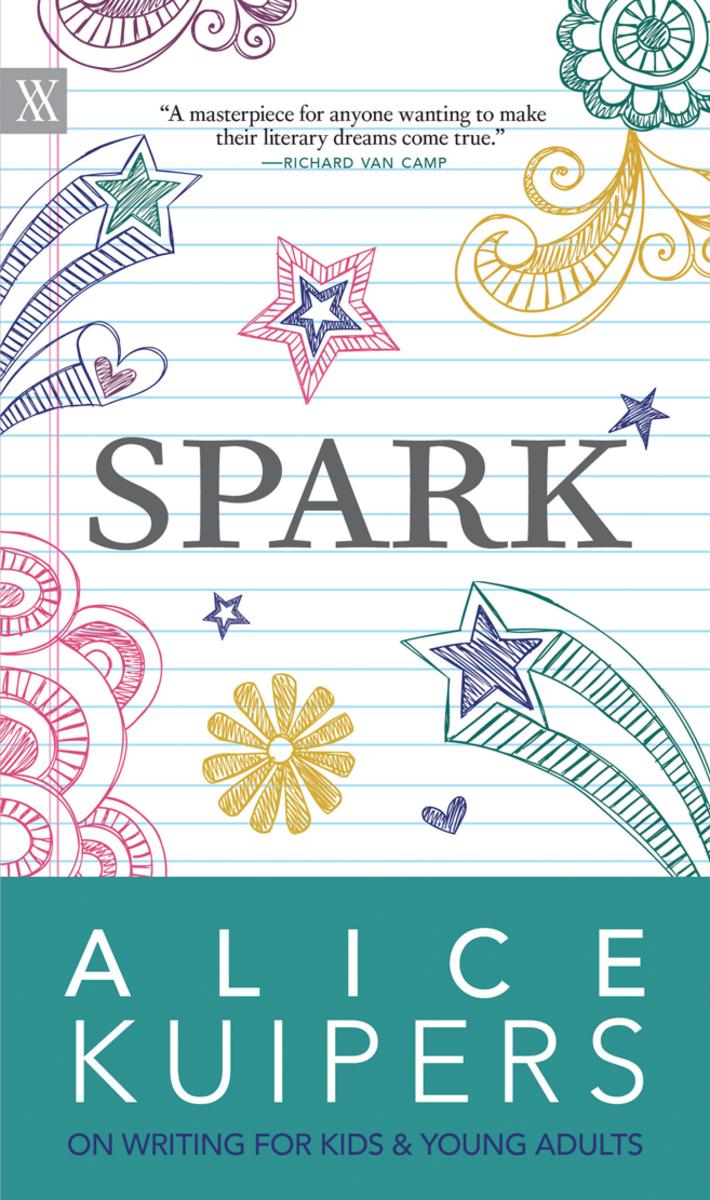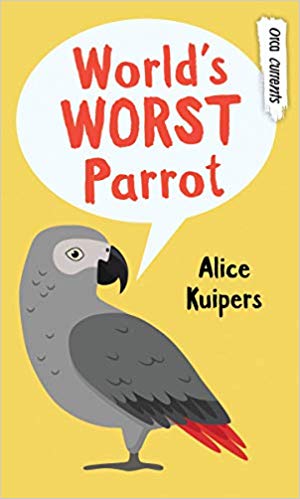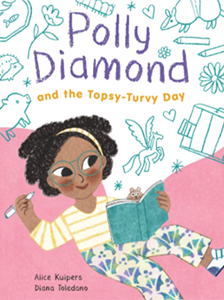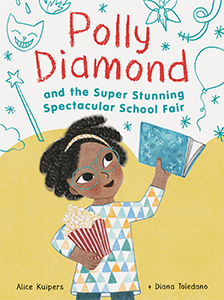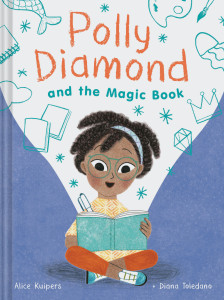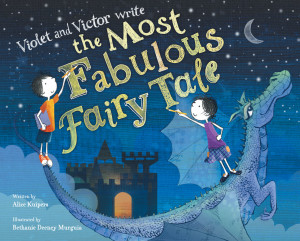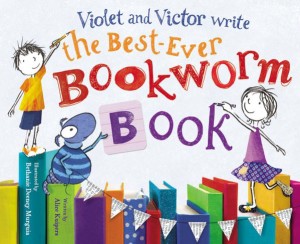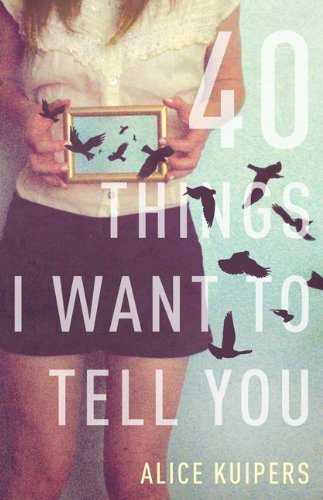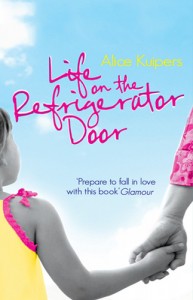I’m teaching a workshop tonight on Getting Your Writing Published and I wanted to share a little bit of what we’re going to cover.
It’s always going to be hard to find the perfect home for your work, but there are some things you can do to help improve your chances.
1- Do your homework – my editor suggests this, and goes on to say, Be very sure of what the company publishes. Lots of writers send out to publishers who would never be a good fit, or to publishers who aren’t even considering new work. A little research can save you a lot of heartbreak.
2- Make sure the text is perfect. Rewriting, re-reading, rewriting again… The better your words on the page, the better your chances. And you only get one chance to impress that editor.
3- Don’t make the mistake of sending out a substandard cover letter or half-hearted synopsis. And be careful with your email to any agent or publisher – spelling mistakes and sloppy grammar can leave a lingering bad impression.

